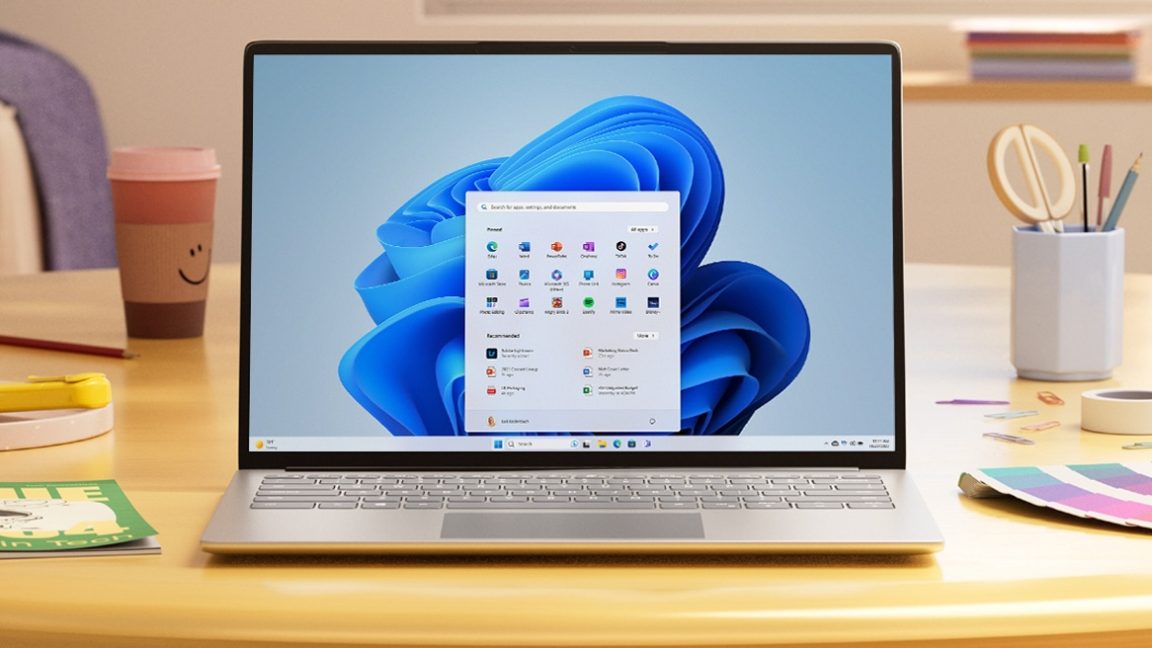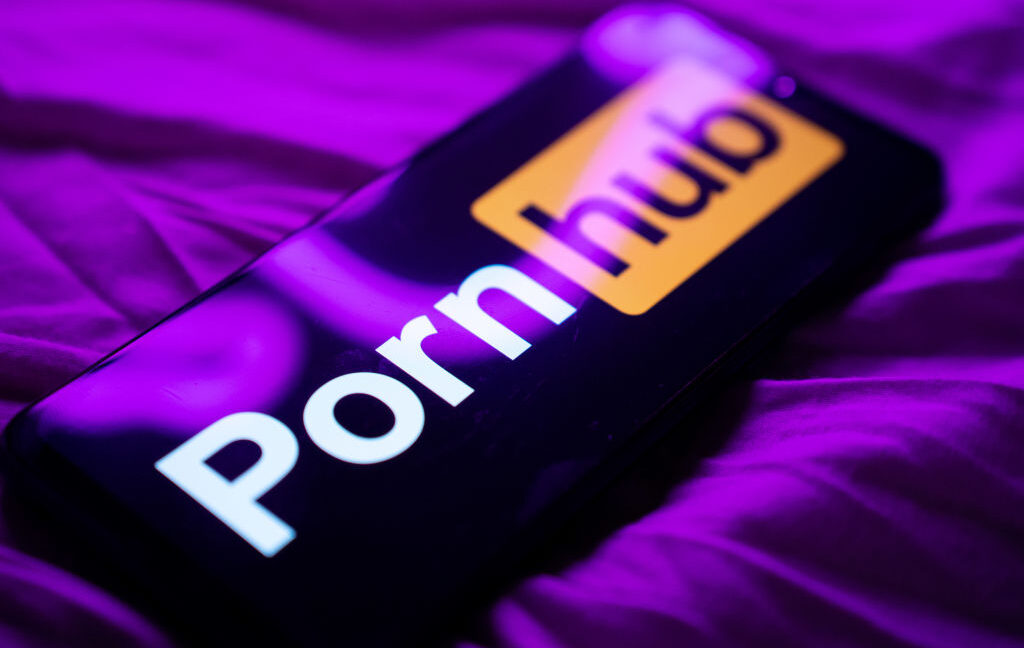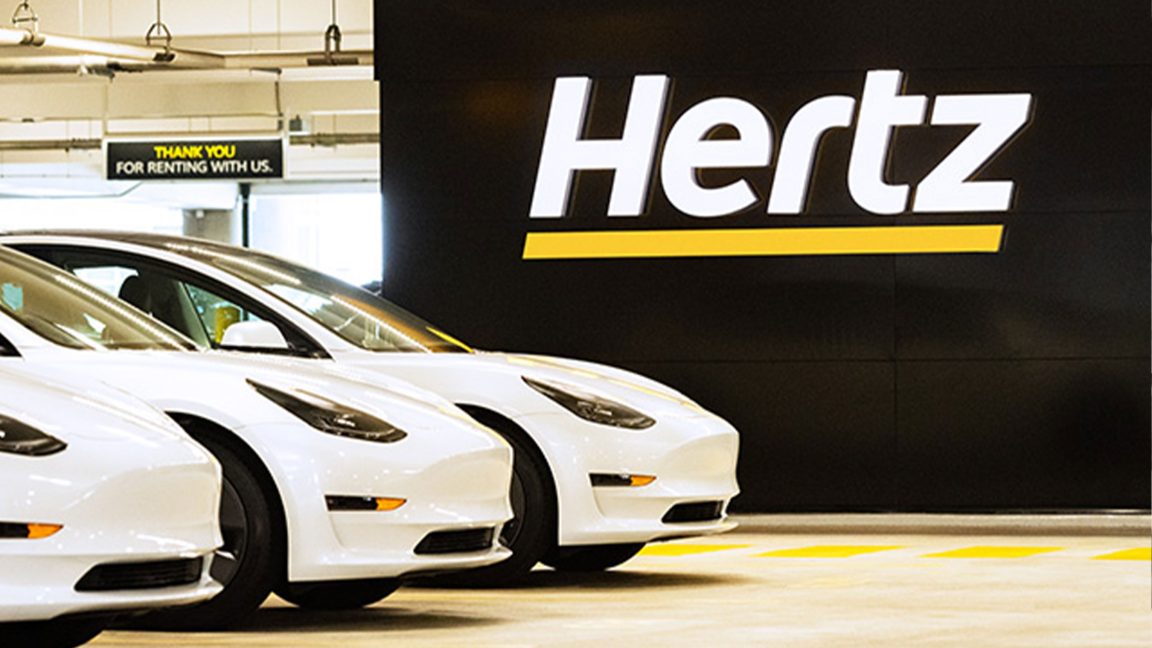As streaming video chipped away at traditional cable TV subscriber bases, most cable giants like Spectrum and Comcast responded by raising prices and being difficult. When confronted with growing evidence that cord cutting (defined as cutting the TV cord but keeping broadband and streaming TV) was a growing trend, most of these same executives spent years first denying cord cutting was happening, then trying to claim the only people doing so were lame man-children living in their moms’ basements.
Stodgy old cable giants have shown some adaptation. Comcast offers its own streaming service, Peacock. Charter tries to offer users a cheaper streaming-only plan. Both companies have started bundling streaming services with traditional cable offerings.
That said, they simultaneously seem absolutely dedicated to raising prices on traditional cable TV bundles in a bid to price gouge any customers looking to stick around. Cable providers on average raised rates as high as $15 last year, with several imposing two price hikes in the same year:
“These widespread increases have drawn sharp criticism from consumer advocacy groups, who argue that the companies are exploiting their customer base, especially during a time of economic uncertainty. Many argue that the price hikes are disproportionate to the actual increase in programming costs, and that companies are simply padding their profits at the expense of their loyal subscribers.”
As a result, the cable industry lost 4 million subscribers in just the first six months of 2024 alone, as users increasingly shifted to streaming, over the air broadcasts, piracy, or free video services like YouTube and TikTok. Fortunately for giants like Comcast and Charter, they still enjoy a monopoly over broadband access (faster than 100 Mbps) across much of the domestic U.S, ensuring they get their pound of flesh.
That said, we’ve noted repeatedly how streaming TV executives (many of whom came from cable having learned nothing from experience) are now dedicated to bringing all of cable’s bad ideas and consumer -facing hostility to streaming (price hikes, annoying restrictions). So ultimately you’d have to suspect that piracy will be seeing a real resurgence in the years to come as the economy tightens under Trump 2.0.




